#byron james
Text
A Little Piece of Home
This weeks @flashfictionfridayofficial prompt fill. Hope you enjoy!
Prompt: Promise you’ll write
“Alright: I have to go now,” Miyana said, looking up at her daughter. From her perch on the top bunk, Emilia looked so small and scared. It was her first summer away at camp, and Mia was regretting it already.
“What if I have a bad dream?” Emi asks her.
“Then tell your counselor, she’ll help you.” The mom stood on tiptoe and kissed her baby’s cheek. “You are going to just fine,” she insists. “And Jace is right over there, she’ll look after you,” Mia says, reminding the girl that her older sister was three cabins over.
“Will you write to me? you won’t forget about me?”
“Forget about you? How could I? I’m going to miss you so much, you have no idea. This summer is not going to be the same with you and Jace gone. Abba and I will write you so many letters, I promise.”
“Okay.”
“Okay. I love you,” Miyana says with another kiss.
“I love you, Ima,” Emilia says, leaning over the railing to hug her mom one last time.
“Whoa! You’re gonna fall!” Mia says with a laugh, pushing her daughter back onto the bed.
With one final wave, she turns and leaves the cabin, meeting her husband on the dirt path where he’d come from getting their older daughter settled.
“How is she?” Byron asks.
“She’ll be okay,” Mia nods, more for her benefit than her daughter’s. She takes his hand and squeezes.
“Of course she will,” Byron agrees. “She’s going to be having too much fun to miss us. You’ll see. When we come at the end of the month, she’ll be begging us to let her stay longer.”
They follow the flow of parents back to the parking lot and drive back down the long driveway out of camp.
The next day at lunch, Emilia squeals with glee when her name is called to pick up mail. She excitedly shows off the postcard to all her friends, and reads it aloud of all to hear.
Emi,
Happy first full day of camp! I can’t wait to hear about all the things you do! Have fun!
Love, Abba
2 notes
·
View notes
Text
captain ahab 🤝 captain flint
unapproachable terrifying intelligent captains who are viewed as gods of the sea and who bribe their crew with the promise of spanish gold to achieve a years-in-the-making revenge scheme they're utterly obsessed with to the point of madness
#isnt a lot but weird that it happened twice#i love a corrupt captain#literature#black sails#treasure island#moby dick#captain flint#james mcgraw#james flint#captain ahab#piratecore#maritime#nautical#nautical fiction#pirates#media#books#comparison#byronic heroes
102 notes
·
View notes
Text
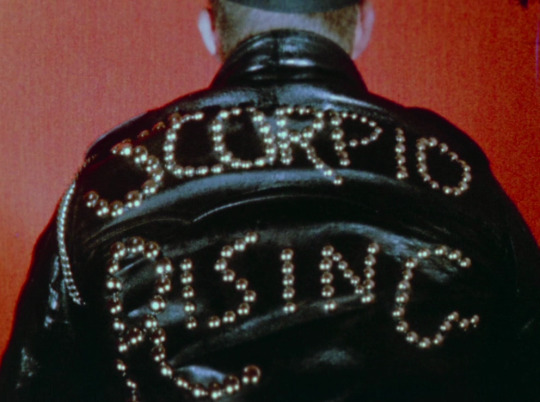



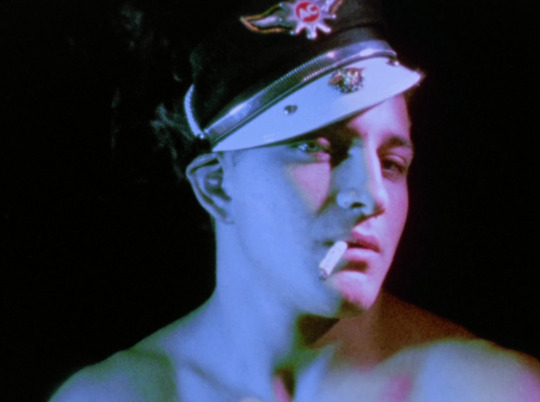
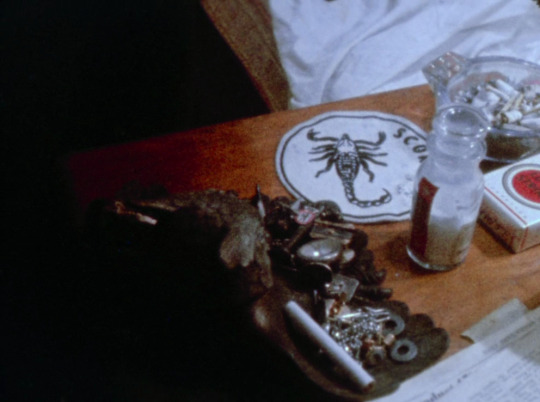
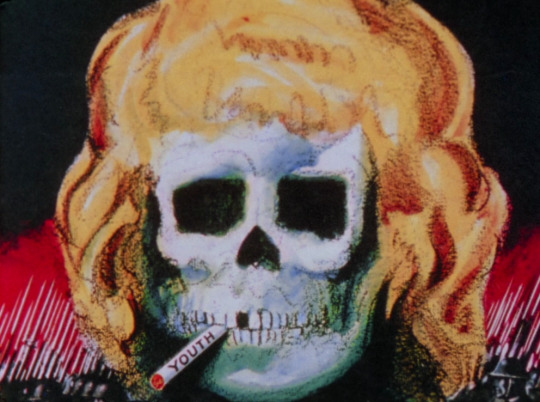

Scorpio Rising (Kenneth Anger, 1963)
#films watched in 2023#Scorpio Rising#Kenneth Anger#ocho#1963#lgtb#lgtbi#lgtbiq#short film#music#title credits#James Dean#motorcycle#ending#jewellery#smoke#Ernie Allo#Bruce Byron#nazi#experimental film#experimental cinema#song#sixties
284 notes
·
View notes
Text


I really loved this sequence
#my gifs#nicholas galitzine#texting#texts#nicholasgalitzine#rwrb#red white and royal blue#prince#henry#prince henry#henry fox#henry george edward james fox mountchristen windsor#henry george edward james hanover stuart fox#text#byron#hrh prince dickhead
149 notes
·
View notes
Text
Black Sails Nation! Happy 10 Year Anniversary!
In honor of the 10th anniversary of the best show ever, the 10th Episode of Reading Between the Lines Podcast has just dropped!
This month, I’m featuring Professor of English Literature, Dr. Alex Tankard.
Dr. Tankard and I had an amazing and lengthy discussion about all things Black Sails, but in particular, as Flint relates to Luciferian lore in literary texts like Paradise Lost. In discussing Flint’s “darkness” they touched on the themes of “otherness” and the demonization of neurodivergence in Colonial Literature, as it relates to Joseph Conrad’s Heart of Darkness and Robert Louis Stephenson’s The Strange Case of Dr. Jekyll and Mr. Hyde. Additionally, we talk about gender and sexuality in the 18th century and how Black Sails gets it SO historically RIGHT!
Dr. Tankard is no fan of John Silver, so if you don’t want to hear criticism of his character and his choices, this may not be the episode for you, however, you’d be missing some amazing insights from a truly engaging lecturer. Fortune favors the brave!
Additionally, I want to again thank @tiofrean for her absolutely incredible cover art, generously donated to the podcast. This piece is truly stunning!
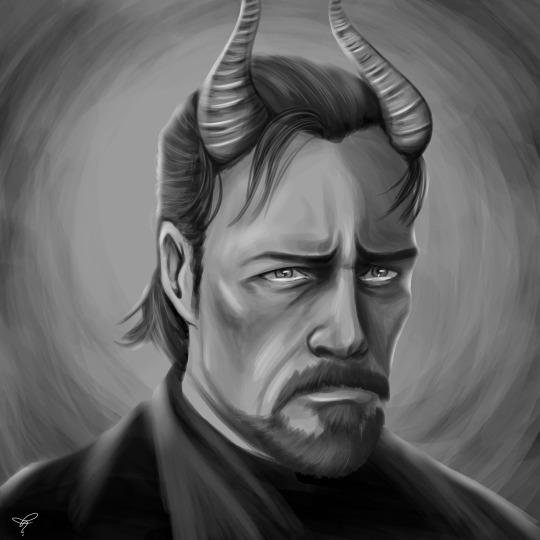
And if you prefer to listen on Apple Podcasts…

#black sails#captain flint#toby stephens#james flint#james mcgraw#john silver#silverflint#luke arnold#long john silver#captain james flint#Lucifer#Satan#Byronic santanic literary traditions#Paradise Lost#Treasure Island#Heart of Darkness#the strange case of dr jekyll and mr hyde#10yearsblacksails#Black Sails 10 year anniversary#reading between the lines podcast#podcast#fanfiction#bs fanfiction#transformative works#spotify#The House Carpenter#apple podcasts#Spotify
73 notes
·
View notes
Text
Daniel Villarreal at LGBTQ Nation:
When Christian Nationalist Rep. Lauren Boebert (R-CO) visited George Washington University (GW) yesterday to complain about a pro-Palestinian encampment there, students repeatedly shouted “Beetlejuice!” at her. The jeer referenced the time she was kicked out of a theatre during a performance of Beetlejuice: The Musical after she was caught vaping, groping her date, and flipping off an usher — and it’s not the first time critics have used the incident to mock her.
Boebert toured the university’s Washington D.C. campus on Wednesday to view the encampment alongside other House Republicans, including Reps. Byron Donalds (FL), Anna Paulina Luna (FL), and James Comer (KY). Students from GW and other D.C. area colleges and universities established the encampment last week.
During the visit, Boebert tried to tear down a Palestinian flag hanging from a statue. She told others to remove the flag, because the statue is federal property. Addressing a group at GW, Boebert referred to the encampment, saying, “If [GW doesn’t] want to do something to address this? Well, then kiss your federal funding goodbye,” Business Insider reported.
During Boebert’s speech, students began yelling “Beetlejuice!” and sang “The Imperial March” from the science-fiction film series Star Wars, the University’s student newspaper, The GW Hatchet, reported. The films’ marching tune is associated with Darth Vader, a genocidal dictator.
Rep. Lauren Boebert (R-CO) went to George Washington University (GWU) on Wednesday with a few other Republican Congresspersons to oppose the Gaza Solidarity Encampments on campus.
While there, Boebert was there to antagonize the pro-Palestinian supporters, and students rightly shouted her down with "Free Palestine" and "Beetlejuice" chants. She later threatened to defund GWU.
#Lauren Boebert#George Washington University#GWU#Palestine#Free Palestine#Ceasefire NOW Protests#Gaza Solidarity Encampments#Byron Donalds#Anna Paulina Luna#James Comer#Campus Protests
35 notes
·
View notes
Text
If YouTube exists in the early 1800s, I will pay big money to see:
Jane Austen
Lord Byron
Dr James Barry
John Keats
William Wordsworth
Percy Bysshe Shelly
The Brothers Grimm
Anne Lister aka Gentleman Jack
Eliza Hamilton
React to Thomas’ poems. Also I like to see these fictional people who would be alive at the same time as Thomas react to his poems:
Dr Henry Morgan from abc forever
Horatio Hornblower
Richard Sharpe
The bridgerton and featherington families
#gentleman jack#anne lister#dr james barry#19th century#thomas thorne#bbc ghosts#lord byron#jane austen#john keats#william wordsworth#percy bysshe shelley#eliza hamilton#the brothers grimm#bridgerton#horatio hornblower#richard sharpe#henry morgan#forever abc
46 notes
·
View notes
Text
You know what's another thing that makes the Snape Gang more interesting than the Marauders?
The Snape Gang is multi house.
Think about it for a moment, the Marauders are all Gryffindors, they are a closed group. The Snape Gang, on the other hand, has Slytherin (Severus, Caradoc, Mulciber, Avery, Rosier, Wilkes), Ravenclaw (Aurora Sinistra) and even Hufflepuff (Charity) within it
Even the "slytherin skittles" actually have Pandora and Barty Jr. inside who were Ravenclaw.
The Slytherins of the 70s were actually more open-minded than the Gryffindors.
#marauders era#pro snape#snape stan army#stan snape#anti james potter#the most faithful fanfiction#the most faithful#harry potter fanfiction#byron white fanfiction#anti sirius black#snape gang headcanon#snape gang#snape gang fanfiction#harrry potter headcanon#severus snape#slytherin skittles#slytherin gang
24 notes
·
View notes
Text
NXT celebrates and honors Black History Month

#jaida parker#amari miller#kiyah saint#alicia taylor#ava#kelani jordan#jakara jackson#lash legend#kiana james#sol ruca#carmelo hayes#trick williams#booker t#byron saxton#oba femi#wes lee#wwe#nxt#black history month
26 notes
·
View notes
Text

Happy Easter
#happy easter#james dean#james byron dean#rebel without a cause#1950s#filmgifs#classic film#classic film stars#vintage hollywood#gif
16 notes
·
View notes
Text
A new FLM chapter went up!!
The start of some holiday fun! Come back next week for more! 😉
Also? Happy first day of Hanukkah for all her celebrate!!
0 notes
Text
Let me tell you about John “Foul-Weather Jack” Byron, Captain James Cook, a doctor named James Lind, and also a different doctor named James Lind, and how they all knew each other, helped to cure scurvy, and inadvertently helped to inspire Mary Shelley's novel Frankenstein (1818) and Bram Stoker's Dracula (1897) -- a long-winded history ramble
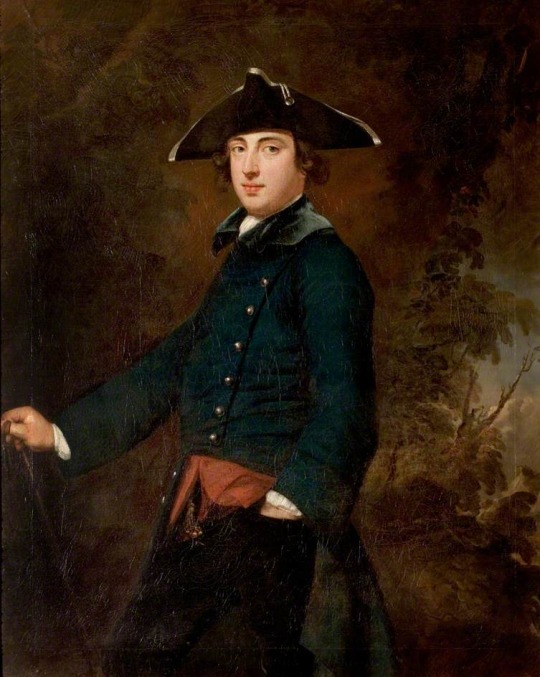
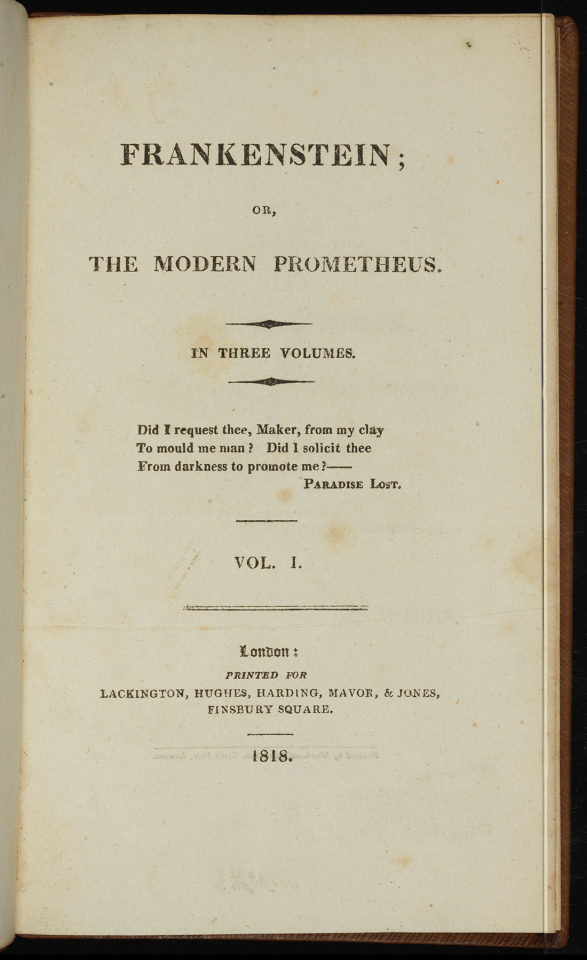
John Byron next to a first edition copy of Frankenstein.
John joined the Royal Navy at 14 and by the ripe old age of 17 had proved himself by surviving a deadly shipwreck off the coast of Chile. The voyage was part of George Anson's famous circumnavigation of the globe done to seize Spanish ships. Only 188 men of the original 1,854 crew members survived; several, including Byron, were taken as prisoners by the Spanish. Recollections of the voyage were sensationalized and it was depicted in stories like William Cowper’s poem The Castaway. John Byron published his own successful memoir, The Narrative of the Honourable John Byron (1768).
The novel's full title deserves attention for it's 18th century pre-Byronic melodrama: "The Narrative of the Honourable John Byron (Commodore in a Late Expedition Around the World) Containing an Account of the Great Distresses suffered by Himself and his Companions on the Coast of Patagonia from the Year 1740, till their Arrival in England, 1746. With a Description of St. Jago de Chili, and the Manners and Customs of the Inhabitants. Also a Relation of the Loss of the Wager Man of War, one of Admiral Anson's Squadron." I can only imagine that had his grandson Lord Byron's memoirs been published instead of burned, their title would have borrowed from his grandfather's by including something similar to "Containing an Account of the Great Distresses suffered by Himself . . ." but I digress.
I do not digress. The beginning of his preface opens with this gem (I've swapped the 18th-century "long s" for a regular one):
"But here I must say, I have been dubious of the partiality of my friends; and, as I think, justly fearful lest the world in general, who may perhaps find compassion and indulgence for a protracted tale of distress, may not give the same allowance to a luxurious imagination triumphing in a change of fortune, and sudden transition from the most dismal to the gayest scenes in the universe, and thereby indulging an egotism equally offensive to the envious and censorious."
Which brings to mind Francis Cohen's criticism of Lord Byron's Don Juan: “Lord B. should have been grave & gay by turns; grave in one page & gay in the next; grave in one line, & gay in the next. And not grave & gay in the same page, or in the same stanza, or in the same line… we are never drenched & scorched at the same instant whilst standing in one spot" (letter to John Murray, 16 July, 1819). And (not the most entertaining part, but to keep things brief) part of Byron's retort: "I will answer [Cohen] who objects to the quick succession of fun and gravity — as if in that case the gravity did not (in intention at least) heighten the fun. His metaphor is that ‘we are never scorched and drenched at the same time!' Blessings on his experience!" (letter to John Murray, 12 August, 1819).
John went on to be considered one of the greatest naval commanders of his era, commanding several ships as captain during the Seven Years’ War and beating the French as leader in the Battle of Restigouche. He later set the record for fastest global circumnavigation at the time while commodore, became a notable explorer, became a commander at multiple Royal Navy stations, and was appointed Governor of Newfoundland in Canada for three years. According to Wikipedia, “his actions nearly caused a war between Great Britain and Spain.”
It seems like he basically just did whatever the hell he wanted. We can see that the apple really doesn't fall too far from the tree. Everyone in the Byron family was kind of crazy. See: psychologist Kay Jamison's Touched By Fire, a novel on the mental illness of famous writers, half of which is focused on Lord Byron (as it should be) and includes an extensive psychological analysis of his whole family tree, which in a short summary brings me back to my previous point: everyone in the Byron family was kind of crazy.
John's health declined after sustaining storm-induced injuries and an unsuccessful attack against the French at the Battle of Grenada. He died at 62 with six living children. His grandson, the poet Lord Byron, borrowed inspiration from John's life and the shipwreck descriptions in his memoir while he was writing the shipwreck sequence in his magnum opus Don Juan.
In an epistle to his half-sister (Epistle to Augusta) Byron mentions their grandfather thus:
"A strange doom is thy father's son's, and past / Recalling, as it lies beyond redress; / Revers'd for him our grandsire's fate of yore— / He had no rest at sea, nor I on shore. / If my inheritance of storms hath been / In other elements, and on the rocks / Of perils, overlook'd or unforeseen, / I have sustain'd my share of worldly shocks, / The fault was mine; nor do I seek to screen / My errors with defensive paradox; / I have been cunning in mine overthrow, / The careful pilot of my proper woe."
On to the Scottish doctor James Lind! He's important because he developed the theory that citrus fruits treated scurvy, and in attempting to prove so he conducted the world's first ever official clinical trial. In his tests, he used the survivors from this famous shipwreck. This likely included Byron himself, being one of the few survivors and having reported the healing effects of citrus in restoring men who were on the verge of death. Needless to say, the discoveries and implications of Lind's clinical trial had an unprecedented impact on the fields of nutrition and medicine, and all of history, particularly in the Caribbean. In 1753 he published his Treatise on Scurvy.
Lind's theories on scurvy influenced the famous Captain James Cook, who implemented these ideas and proved their efficiency by how few men he lost to scurvy compared with every other Captain at the time. When Cook circumnavigated the world on his first voyage, no one died of scurvy. This didn't help with malaria and dysentery, which nearly wiped out his whole crew at one point on a journey to Indonesia. Aside from Anson's shipwreck, Cook's voyages were the other major instance of what I would call "social experiments at sea, or, fuck around and find out: scurvy edition" which led to the development of scurvy research.
As an aside, there is a famous town in Australia named Byron Bay. That town was named by Captain Cook in 1770 as a tribute to John Byron. Cook was sailing around on the HMS Endeavour doing even crazier colonial shit, and he likewise died as the result of his sea travels. He was killed in a scuffle on Hawaiʻi Island which transpired after he had casually tried to kidnap King Kalaniʻōpuʻu-a-Kaiamamao in broad daylight, planning to ransom him out of revenge for the theft of one of his boats, although Cook himself had stolen their sacred wood first after they had been so nice to him. This is what I've gathered from reading a bit about the confusing affair, but the main point is that Cook got what was coming to him. The Journals of Captain Cook were published to major success, contributing to the history of English travel narratives. But Cook is a pretty well-known historical figure so I can't go into his chaotic life any more than this, lest I be writing forever.
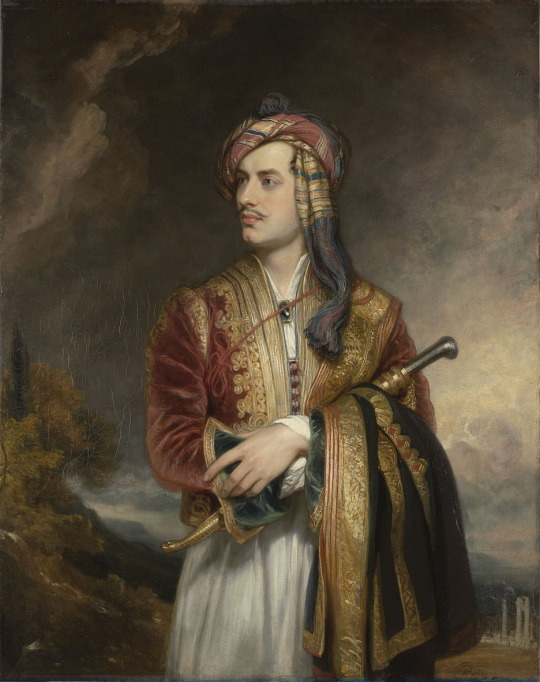
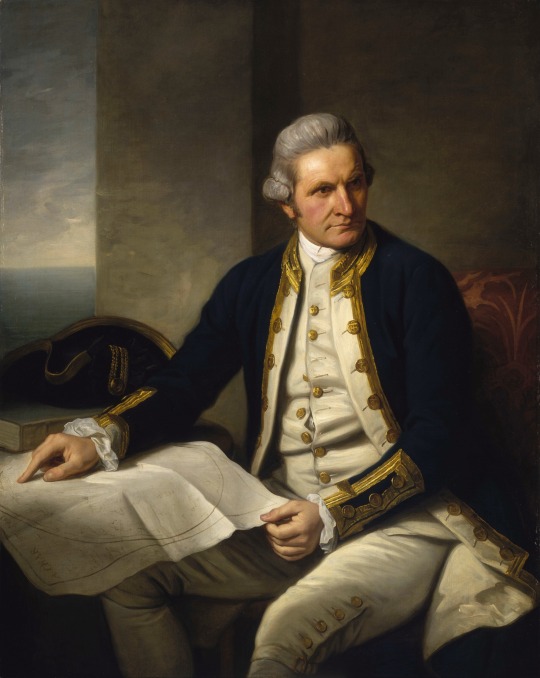
Lord Byron in an Albanian oufit he bought while traveling for 2 years, & Captain Cook thinking about navigation. The backgrounds make them look part of the same painting, no?
Back to the Linds: interestingly enough, the scurvy-studying physician James Lind had a younger cousin who was also a physician named James Lind, as well as a scientist/philosopher/teacher. While teaching at Eton, this Lind became a tutor and mentor of a young Percy Bysshe Shelley, and had such an impact on him that Shelley refers to Lind in several of his works. Shelley especially enjoyed Lind’s experiments regarding galvanism - the study of bringing things to life with electricity. It is widely believed by scholars that Shelley’s conversations and rememberances about Lind at Lord Byron's Villa Diodati were some of the primary inspiration for Mary Shelley’s novel Frankenstein (1818).
For further reading on Shelley's Lind: The real Doctor Frankenstein? by Christopher Goulding via Journal of the Royal Society of Medicine. Lind's Wikipedia page has a section devoted to Frankenstein.
Percy Shelley described his Lind:
". . . exactly what an old man ought to be. Free, calm-spirited, full of benevolence, and even of youthful ardor: his eye seemed to burn with supernatural spirit beneath his brow, shaded by his venerable white locks, he was tall, vigorous, and healthy in his body; tempered, as it had ever been, by his amiable mind. I owe to that man far, ah! far more than I owe to my father: he loved me, and I shall never forget our long talks, where he breathed the spirit of the kindest tolerance and the purest wisdom . . ."
A tie-in to vampire literature: Lind is also thought to be an influence on Bram Stoker’s Dracula (1897), which was influenced by (Lord Byron’s doctor) John Polidori’s novel The Vampyre, the first ever vampire novel, which was inspired by Lord Byron’s short vampire story Augustus Darvell, which was written at the same time as Frankenstein during their infamous ghost story competition at Villa Diodati. Augustus Darvell was inspired by Byron's travels through Eastern Europe, and was likely in part inspired by (another famous Romantic poet) Samuel Taylor Coleridge’s gothic poem Christabel, which Byron terrified Percy Shelley with after reading it aloud at the Villa Diodati, and which Byron loved so much that he helped Coleridge publish it through his own publisher. Christabel began in 1797 but wasn't published until 1816 for this reason.
To continue on vampires: Byron's enemy, the famous poet Robert Southey (who Byron roasted in Don Juan, among other works, and basically cancelled him as a result) also wrote a poem called Thalaba the Destroyer (1801) which is sometimes considered to be the first true depiction of a vampire in English literature. He also wrote it while traveling. Shelley (and Keats) both loved this poem, and so it also *could have* inspired some of the conversation at the Villa Diodati if Shelley had related the vampire theme to Christabel or Darvell. Southey is also the first English writer to write on Haitian zombi folklore, which would later become the zombie of modern horror. Southey was also reportedly in love with Mary Wollstonecraft Godwin, the mother of Mary Shelley and philosopher who wrote A Vindication of the Rights of Woman (1792), one of the most influential proto-feminist texts.
I relate these connections to demonstrate how small the literary world was at the time; so small that all the writers pretty much knew each other. In 1801, the English population was about 11 million, and in 1899 had grown to around 37 million due to industrialization (source: Black, Joseph, et al. "British Literature: A Historical Overview." The Broadview Anthology of British Literature, Broadview Press, vol. B, 2010, p. 70).
That's nearly the current population of London alone, but around 75% of that 11 million English population in 1801 was rural, whereas at the end of the century the national population was about 75% urban (source: same as prior), again due to industrialization. London in the early 19c was much less populated than today, and the amount of people who were educated or even merely literate was also much smaller than today. So really, it makes sense that all of the artists/writers/scientists/aristocrats knew each other. But it's still insane to see examples of how small the world really is and always has been.

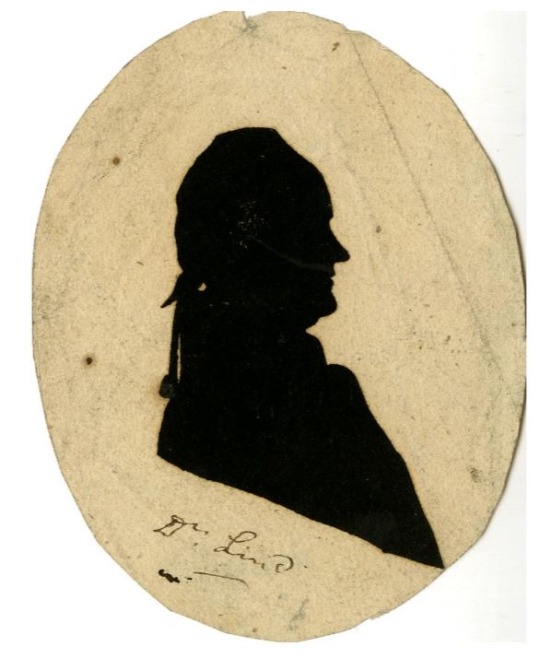
The front-facing portrait is of Scurvy Lind, the shadow portrait is of Galvanism Lind.
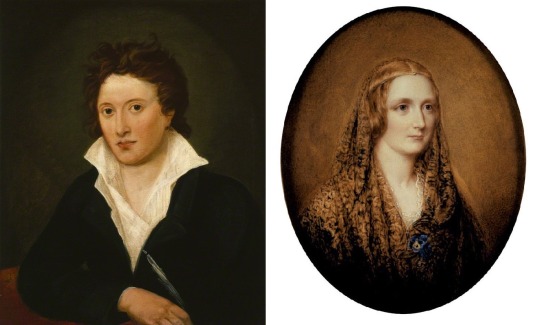
The Shelleys: the King and Queen of Romanticism.
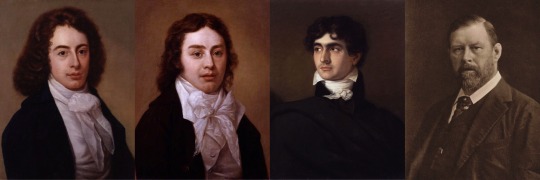
Southey, Coleridge, Polidori, Stoker: some early Kings of Vampirism (as represented in popular British literature).
#james lind#scurvy trials#scurvy#lord byron#mary shelley#percy shelley#literature#english literature#science#history#rambles#john byron#english history#england#english#uk#1800s#19th century#frankenstein#british history#romanticism#writing#my analysis#my writing#my essays#ramble
74 notes
·
View notes
Text
Prometheus's retinue assemble!
I'm working on a giant research post about Tony-Prometheus for you guys, and along the way I found some familiar names:
Apollonius of Rhodes
Ancient Greek author, best known for the poem "Argonautica". Mentioned Prometheus in his work.

This is Lord Byron, who wrote the poem "Prometheus".
When he was in Greece, he had an adjutant named George Jarvis, who is buried in Argos, which is also known as the possible burial place of Prometheus.
If I find anyone named Potts, I'll let you know guys.
#marvel#mcu#tony stark#iron man#the avengers#james rhodes#edwin jarvis#jarvis#prometheus#lord byron#greek mythology
14 notes
·
View notes
Text

Late October, 1916, Newcrest, England
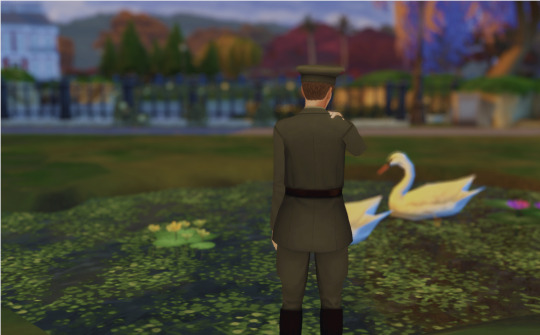
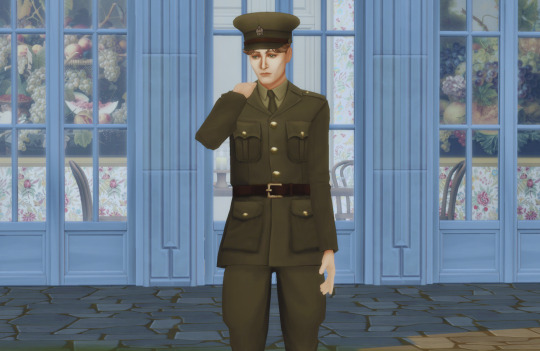
The military had caused Byron to be an early riser. Sleeping in wasn’t an option when you never knew when mortars were going to rain hellfire upon you. But he hadn’t gotten much sleep that night regardless. He’d been too consumed by what he’d accidentally stumbled upon. His sister was kissing her friend. He wasn’t the only deviant in the family. What was he supposed to say to her?


His question didn’t wait long to be answered when he turned his head to the opening door and saw the person in question. He tried to smile at her as she stood next to him.
“I was looking for you,” she began.
He stared at the pair of swans that had lived at the pond for as long as he could remember. “How so?”
“You’re leaving back to France today. I don’t want you to leave.”
“I’d go to jail if I didn’t.” He swallowed. “Giselle?”
“Yes?”
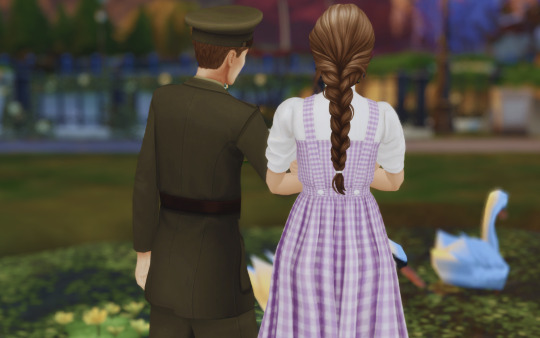
“I want you to know that I’ll always be here for you. You’re my little sister, and I love you very much. And… and in light of our-our brother’s death, I want you and Edeline to know that especially.”
She nodded.
“...And if there’s anything, you can always tell me.” He swallowed, raising his eyebrows as he stared at his sister.
Giselle said nothing, but her face grew pale, and she gulped loudly. “...You saw us kiss, didn’t you?”
“Yes.”
“Oh, please don’t tell Mama. It wasn’t what you thought, oh please Byro-”
“Giselle,” he interrupted.
She closed her mouth.
“I am not going to tell Mama. I won’t tell anyone. …I would be a hypocrite to do so.”
What do you mean by that?”
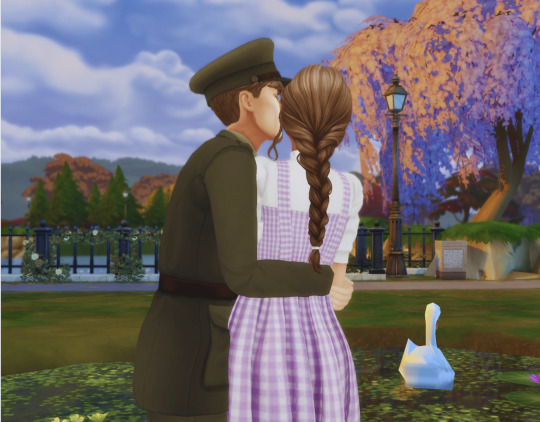
“...Let’s just say I have a tendency that could be compared to those of an Oscar Wilde-sort.”
“You’re a homosexual?”
“Say that louder, why don’t you? And no, I am not. I like men and women. ...How insatiable.”
“I’ve… never had an interest in men. I just thought I hadn’t met the right person. But she was here all along.”
Byron smiled sadly as he pulled her into a hug and kissed her cheek. “Be careful. Both of you.”
She nodded. “You too.”
#the walshes#the walsh legacy#ts4#sims 4#the sims 4#sims 4 decades#sims 4 decades challenge#sims 4 historical#ts4 story#sims 4 history challenge#ts4 historical#ts4 decades challenge#1910s#ts4 1910s#ww1#ts4 ww1#pulled that oscar wilde line straight out james ivory's maurice bc that movie BANGS#byron walsh#giselle walsh
31 notes
·
View notes
Text





Red white and royal blue (2023)
#my gifs#texts#texting#rwrb#red white and royal blue#first prince#firstprince#texting sequence#nicholas galitzine#nicholasgalitzine#byron#prince#henry#prince henry#henry fox#henry george edward james hanover stuart fox#henry george edward james fox mountchristen windsor
83 notes
·
View notes
Text
my silliest fun fact is that the Byron poem inscribed in Cordelia’s globe necklace is from an incest poem Byron wrote to his half-sister. Judith Lewis WHEN I CATCH YOU!!!
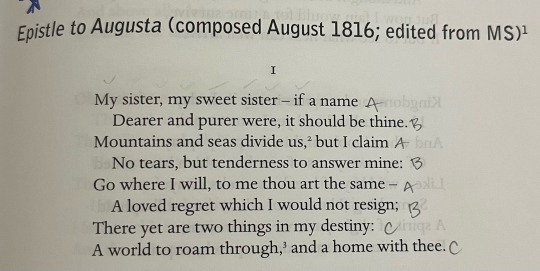
#you’re my sister he said finally#my sister my blood my family#i should want to protect you#he laughed soundlessly and without any humor#to protect you from the sort of boys#who want to do with you#exactly what i want to do#god gives his hardest battles to his strongest soldiers#cassandra clare#tsc#the shadowhunter chronicles#shadowhunters#the last hours#tlh#cordelia carstairs#james herondale#herondaisy#lord byron
35 notes
·
View notes